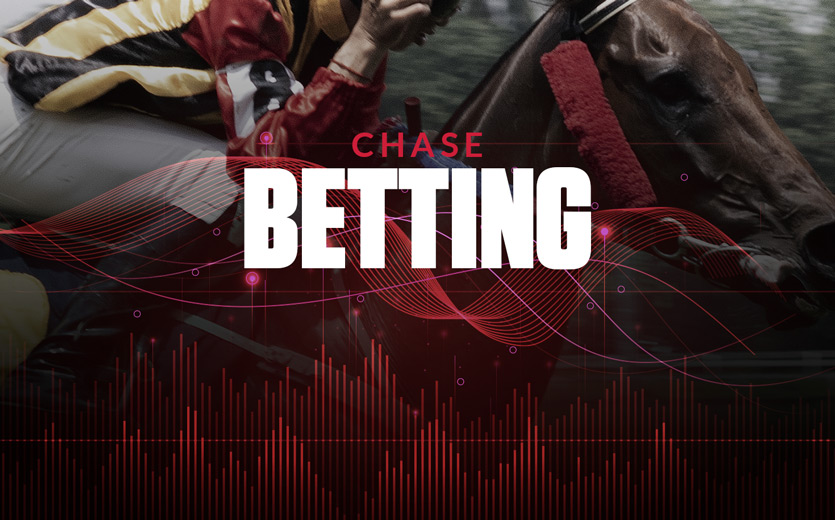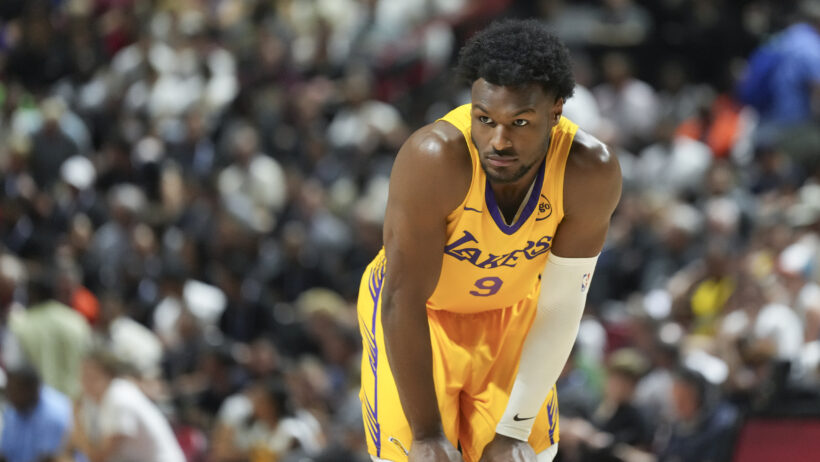Does Chase Betting Actually Work?

Chase betting systems are a controversial tactic in sports betting. One of the first things you’re often told as a new bettor is “don’t chase your losses.”
But is there ever a time when it makes sense to chase your bets?
While most bettors would say no, let’s take a closer look at the chase betting system and see if there’s ever a time to reject common knowledge and chase your bets.
What Is Chase Betting or Chasing Your Losses?
Chasing a bet is essentially betting for the sake of trying to recover from a loss.
For example, let’s say you had $1,000 that you bet on various Sunday NFL games at 1 p.m. ET, and you lost them all. That’s quite the risk; with single game NFL odds & spreads a safer betting option for those new to betting that involves less strategy and more facts
As a result, you decide to deposit $2,000 into your sports betting accounts and bet all of that so that you can not only win back your $1,000 but also try and make money on top of that.
In this case, you’re assuming a massive amount of risk in attempt to chase a loss or losing streak.
Why Is Chasing Bets A Bad Strategy?
Many professional bettors are opposed to chasing bets because they are often motivated by emotion rather than opportunity and logic. There’s always that stinging feeling after losing a sports bet and many bettors can’t handle it. Many bettors just want to recover their losses as soon as possible.
This approach is problematic because logic tends to go out the window. If you’re betting $50 per game but then need to recover $200 in losses, you might find yourself wagering $400 to get it back.
That wasn’t the original plan. You’re only doing it now to recover your funds, not because you wanted to place this $400 worth of bets.
Such an approach also brings into question the actual picks: were you planning to bet the second wave of games to begin with or are you merely betting them because you want to recover your money and those are the only games left on the board?
Typically, chasing bets includes emotions, large bets and shaky logic. That often leads to even more losses. That’s why so many experts are opposed to it.
If you find yourself in this situation and struggling to get out, please call 1-800-GAMBLER for support.
What Is A Chase Betting System?
Developing a chase betting system requires following a team or a specific type of bet and simply chasing the bet if it loses.
For example, let’s say you decide to bet on the New England Patriots for the entirety of the regular season, which is 16 games. If you bet $100 on their first game and they win, you bet $100 on their next game.
As long as they keep winning, you keep betting $100 on the game.
However, if they lose, you double up to recover the first loss and win on the second. In other words, if they lose, you’d bet $200 on their next game. If they lose, you double up again until they win again. Then you start again from scratch. We’ll map it out for you in a simple example using a -110 betting line for every game:
Game 1: $100 is bet. You win $91.
Game 2: $100 is bet. You win $91.
Game 3: $100 is bet. You lose $100.
Game 4: $200 is bet. You lose $200.
Game 5: $400 is bet. You lose $400.
Game 6: $800 is bet. You win $727.
Game 7: $100 is bet. You win $91.
At the end of this, the bettor is up $300. It could have been worse but because they chased the losing bet in Game 4, 5 and 6, they recovered the losses and ended up ahead in the end.
The Martingale System and D’Alembert Systems both involve chasing losses, though they do not require you to focus your efforts on a single team or wager type all season long.
What’s the Downside to Chase Betting Systems?
The downside to chase betting systems is felt when your team hits a losing streak. Most bettors simply don’t have a big enough bankroll to handle it.
Take the example from above. Our player is betting about $100 per game, meaning they could be risking an $800 bet after just three losses. That’s a fairly unnerving prospect, and for good reason.
What if the team in the example above went on a five or six-game losing streak? Now we’re talking about betting $1,600 or $3,200 on a single game.
Imagine our player is risking $200 per game instead of $100. They’d need $3,200 and $6,400 to chase the bets mentioned above. Sure, if you have endless piles of cash, you should eventually turn out fine but sports can be unpredictable. No one knows for sure when a losing streak will come to an end.
And therein lies the problem with the chase betting system. Most bettors start off thinking “that losing streak can’t go on forever” and start betting against it. However, the Washington Capitals and San Jose Sharks once lost 17 games in a row, the Cleveland Cavaliers once lost 26 in a row, and the Philadelphia Phillies lost 23 in a row.
A lot of bettors try to employ this strategy at the roulette table with red and black, thinking that if you keep betting one color consistently and chasing your bets, you’ll eventually win.
That’s certainly possible, but in reality, there’s no correlation from spin to spin. If you don’t understand why, we strongly suggest you familiarize yourself with the Gambler’s Fallacy.
Avoid All Chase Betting Systems
On the surface, these systems might seem to make sense: bet the same pitcher, bet the same team, bet the same team only when they play at home and keep doubling up to recover your money if they lose.
Don’t be seduced by the simplicity of this approach. Even though we are hard-wired to expect different results from repeated events, reality is very different.
To start, you need a huge bankroll to sustain yourself through losing streaks. Secondly, who knows how long a losing stream can go? You need to have quite the stomach to dedicate yourself to a chase betting system, as you’ll start wagering some really big amounts when you lose three, four, or five times in a row.
You can undoubtedly win money betting on sports, but using this type of “bet it blindly” system is a shortcut that usually doesn’t work out very well for anyone but the sportsbook.
Looking for some reliable strategies based in sound logic? Check out our sports betting strategy section for more.

Evergreen Writer/Editor; Sportsbook Expert
With nearly two decades of experience in sports media, Paul Costanzo turned his professional attention to sports betting and online gambling in January of 2022. He's covered every angle of the industry since then, managing and creating content for PlayMichigan and The Sporting News, and now SBD.



